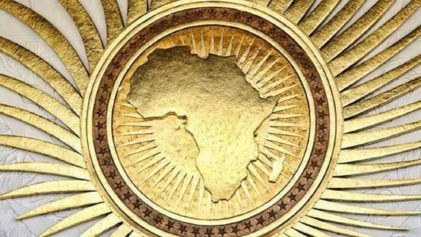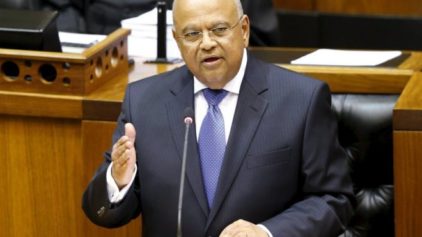Sub-Saharan Africa can expect to see economic growth of 6.6% on average this year, predicts Donald Kaberuka, president of the African Development Bank (AfDB). “The dynamic is good, there are risks in the global environment, but providing there is no worsening in the situation we remain completely optimistic about the future,” Kaberuka said in an interview with the Guardian in Addis Ababa, Ethiopia.
“If you exclude South Africa, because of its weight – it is 30% of sub-Saharan Africa’s economy – the number goes down to 5.4%. But the predictions are still quite good,” he says.
Surprisingly, Kaberuka maintains that this growth is not down to the export of raw materials. The recession in Europe has dampened demand for soft commodities such as fish, cut flowers, coffee and timber, he says, yet this has been balanced by continuing strong demand from large emerging markets for raw materials, including copper and oil.
According to Kaberuka, commodities have “contributed around 30% of the momentum.” The rest is due to domestic demand – as a result of growing populations and increasing urbanisation – and policy improvement.
“While commodity exports have played a key role in the recent dynamic performance of sub-Saharan African economies, the core driver has been a) the cumulative effects of economic reforms, which have improved the investment climate, risk profile and resilience. [And] b) the impact of demographic dynamics, urbanisation and the leapfrogging afforded by factors such as mobile telephony on the costs of doing business, markets efficiency, and service delivery,” he says.
Kaberuka was in Addis Ababa for a meeting with his counterparts at the African Union Commission and the UN Economic Commission for Africa to consider the challenges facing the continent over the next 50 years and set out a vision for Africa in 2063. This was not a “Nostradamus” exercise, Kaberuka insists: “We are beginning a new cycle of 50 years so we must ask: ‘What should we do in future?’ The frame of 50 years we’re discussing is because of the 50th anniversary [of the Organisation of African Unity (OAU)].”
The golden jubilee celebrations to mark the founding of the OAU, the predecessor to the African Union, provide an opportunity for the continent to reflect on what it could have done differently during its first half-century of independence. For Kaberuka, the key is economic integration, but with a twist: “We have to ensure that in this process of economic integration there is greater solidarity”…
Read More: guardian.co.uk


